Intro
Learn about normal total protein levels, including globulin and albumin, and understand their significance in diagnosing health conditions, such as liver disease and kidney dysfunction, with our comprehensive guide to protein tests and results interpretation.
Normal total protein levels are a crucial aspect of our overall health, and understanding their significance can help us appreciate the importance of maintaining a balanced diet and lifestyle. Total protein levels refer to the amount of protein present in our blood, which is composed of various proteins such as albumin, globulin, and clotting factors. These proteins play vital roles in our body, including building and repairing tissues, producing enzymes and hormones, and maintaining fluid balance. In this article, we will delve into the world of normal total protein levels, exploring their importance, the factors that influence them, and what it means to have abnormal protein levels.
The human body is made up of approximately 15% protein, with the majority of it being found in our muscles, bones, and skin. Proteins are essential for various bodily functions, including growth and development, immune function, and the production of vital molecules such as hemoglobin and insulin. When we consume protein-rich foods, our body breaks them down into amino acids, which are then used to build new proteins. The liver plays a crucial role in regulating protein levels in our blood, producing proteins such as albumin and globulin, which help maintain fluid balance and transport various substances throughout our body.
Understanding normal total protein levels is crucial for diagnosing and managing various health conditions. For instance, low protein levels can be a sign of malnutrition, liver disease, or kidney disease, while high protein levels can indicate dehydration, inflammation, or certain types of cancer. Healthcare professionals use various tests, including blood tests and urine tests, to measure protein levels and diagnose underlying conditions. By monitoring protein levels, doctors can develop effective treatment plans and prevent complications associated with abnormal protein levels.
Importance of Normal Total Protein Levels
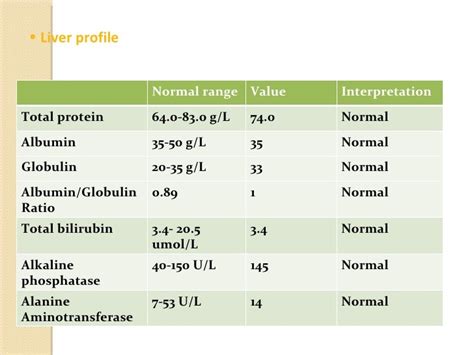
Normal total protein levels are essential for maintaining various bodily functions, including fluid balance, immune function, and the production of vital molecules. Proteins such as albumin and globulin help regulate fluid balance by attracting and holding water in our blood vessels, preventing it from leaking into surrounding tissues. This helps maintain blood pressure and ensures that our organs receive the necessary oxygen and nutrients. Additionally, proteins such as immunoglobulins play a crucial role in our immune system, helping to fight off infections and diseases.
Factors Influencing Total Protein Levels
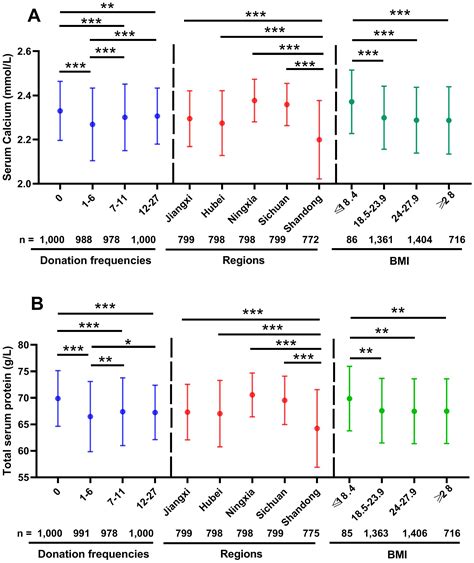
Several factors can influence total protein levels, including diet, age, sex, and underlying health conditions. A diet that is deficient in protein can lead to low protein levels, while a diet that is high in protein can lead to high protein levels. Age and sex can also impact protein levels, with older adults and pregnant women requiring more protein due to increased demands. Certain health conditions, such as liver disease, kidney disease, and cancer, can also affect protein levels, making it essential to monitor protein levels regularly.
Normal Total Protein Levels Range
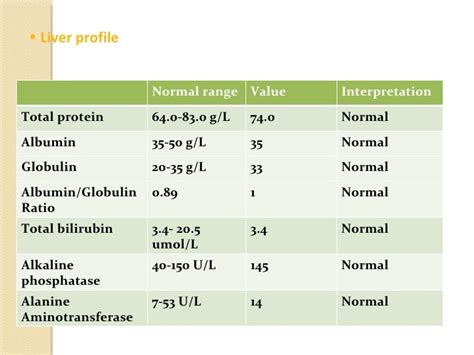
The normal range for total protein levels varies depending on the laboratory and the individual's age and sex. Generally, the normal range for total protein levels is between 6.4 and 8.3 grams per deciliter (g/dL) of blood. However, this range can vary depending on the laboratory and the individual's specific circumstances. For instance, pregnant women may have lower protein levels due to increased blood volume, while older adults may have higher protein levels due to decreased liver function.
Interpreting Total Protein Levels Results
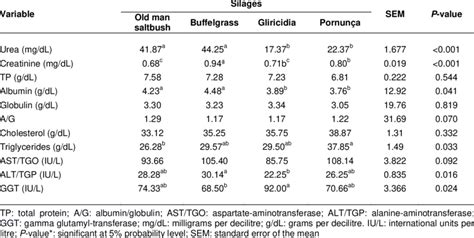
Interpreting total protein levels results requires careful consideration of various factors, including the individual's age, sex, and underlying health conditions. Healthcare professionals use various reference ranges to interpret protein levels, taking into account the laboratory's normal range and the individual's specific circumstances. For instance, a protein level of 7.5 g/dL may be considered normal for a healthy adult, but low for a pregnant woman or an older adult.
Abnormal Total Protein Levels
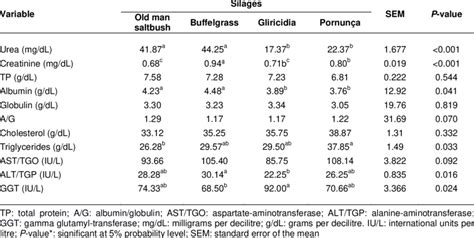
Abnormal total protein levels can be a sign of various health conditions, including liver disease, kidney disease, and cancer. Low protein levels can be caused by malnutrition, liver disease, or kidney disease, while high protein levels can be caused by dehydration, inflammation, or certain types of cancer. Healthcare professionals use various tests, including blood tests and urine tests, to diagnose underlying conditions and develop effective treatment plans.
Treatment and Management of Abnormal Total Protein Levels

Treatment and management of abnormal total protein levels depend on the underlying cause and the individual's specific circumstances. For instance, malnutrition can be treated with dietary changes and supplements, while liver disease may require medication or surgery. Healthcare professionals work closely with individuals to develop personalized treatment plans, taking into account their age, sex, and underlying health conditions.
Prevention and Maintenance of Normal Total Protein Levels
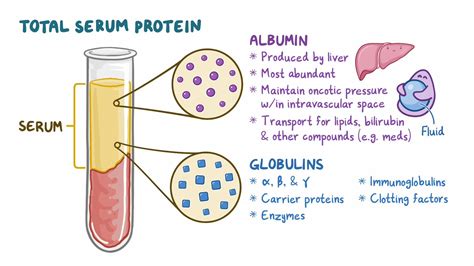
Prevention and maintenance of normal total protein levels require a combination of a balanced diet, regular exercise, and regular health check-ups. A diet that is rich in protein and essential nutrients can help maintain normal protein levels, while regular exercise can help improve overall health and reduce the risk of chronic diseases. Regular health check-ups can help identify underlying conditions early, allowing for prompt treatment and prevention of complications.
Dietary Recommendations for Maintaining Normal Total Protein Levels
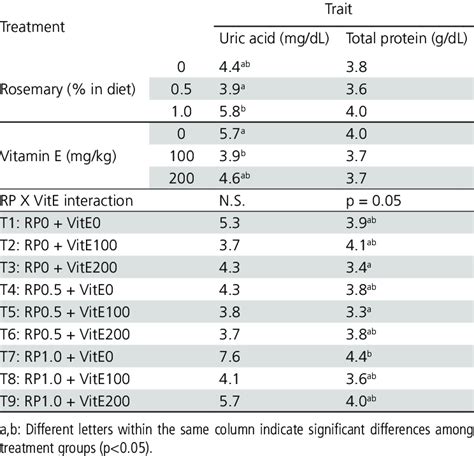
Dietary recommendations for maintaining normal total protein levels include consuming a balanced diet that is rich in protein and essential nutrients. Good sources of protein include lean meats, fish, eggs, dairy products, and plant-based options such as beans, lentils, and tofu. Additionally, a diet that is high in fiber and low in saturated fats can help maintain overall health and reduce the risk of chronic diseases.
Conclusion and Final Thoughts

In conclusion, normal total protein levels are essential for maintaining various bodily functions, including fluid balance, immune function, and the production of vital molecules. Understanding the importance of normal total protein levels and the factors that influence them can help us appreciate the importance of maintaining a balanced diet and lifestyle. By following dietary recommendations and engaging in regular exercise and health check-ups, we can help maintain normal total protein levels and reduce the risk of chronic diseases.
We invite you to share your thoughts and experiences with us, and to ask any questions you may have about normal total protein levels. Your feedback is valuable to us, and we look forward to hearing from you. Please feel free to comment below, and to share this article with your friends and family.
What is the normal range for total protein levels?
+The normal range for total protein levels is between 6.4 and 8.3 grams per deciliter (g/dL) of blood, but this can vary depending on the laboratory and the individual's age and sex.
What are the symptoms of low protein levels?
+Symptoms of low protein levels can include fatigue, weakness, and swelling in the feet, ankles, and hands. In severe cases, low protein levels can lead to malnutrition and organ damage.
How can I maintain normal total protein levels?
+Maintaining normal total protein levels requires a combination of a balanced diet, regular exercise, and regular health check-ups. A diet that is rich in protein and essential nutrients can help maintain normal protein levels, while regular exercise can help improve overall health and reduce the risk of chronic diseases.
What are the risks of abnormal total protein levels?
+Abnormal total protein levels can increase the risk of chronic diseases, such as liver disease, kidney disease, and cancer. Additionally, abnormal protein levels can lead to malnutrition, organ damage, and other complications.
How often should I get my total protein levels checked?
+It is recommended to get your total protein levels checked regularly, especially if you have a family history of liver or kidney disease, or if you are experiencing symptoms such as fatigue, weakness, or swelling.
